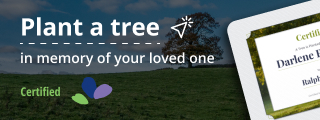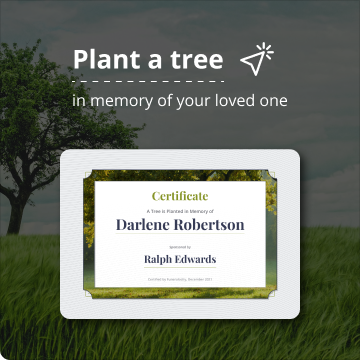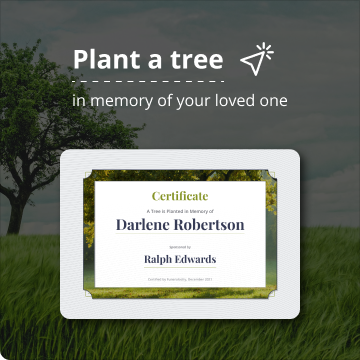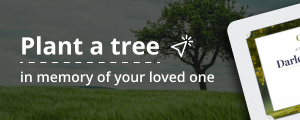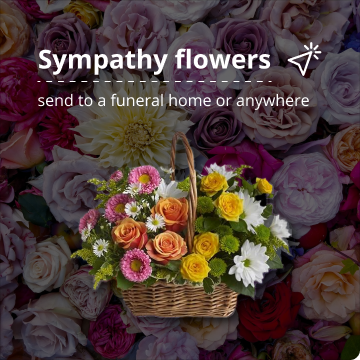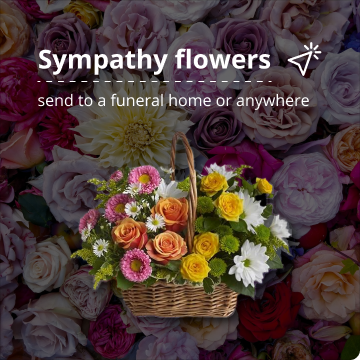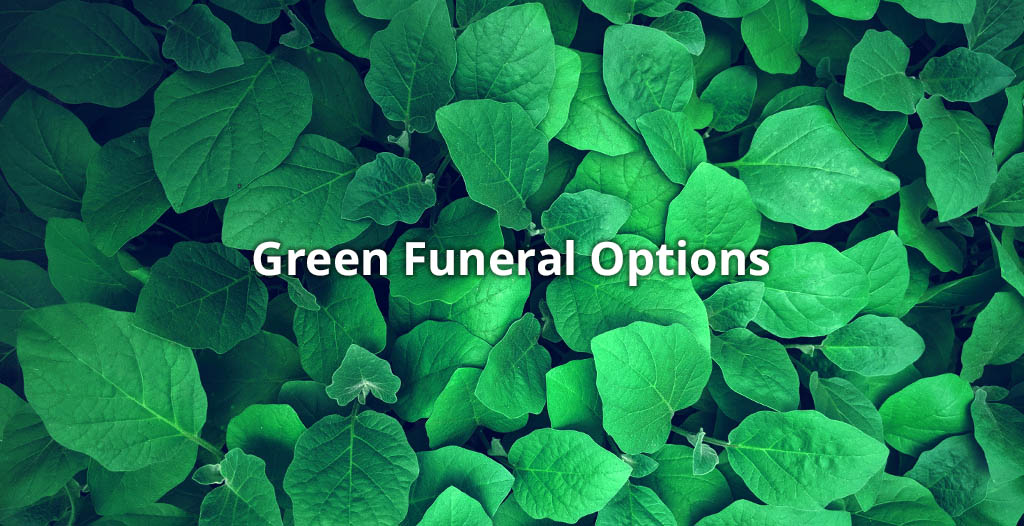
Over the past decade, consumer interest in green burial options has increased significantly.Many families have started asking questions about sustainable alternatives to traditional funeral and cremation services, and the death care industry has responded with a variety of innovative eco-burial methods and natural funeral products.
What Is the “Green” Funeral Movement?
The “green” funeral movement isn’t entirely new. Ramsey Creek Preserve (the first eco-friendly cemetery) was opened in 1998 with a mission to maintain a “forever wild” conservation burial ground. Natural burial differs from traditional burial in that the body is not embalmed and a burial vault is not required. The deceased person is placed in a biodegradable casket or shroud and the grave is usually dug by hand, not machinery.
The overall goal of green cemeteries and organic burial practices is to avoid introducing toxic materials like formaldehyde into the land, conserving the eco-burial area for the benefit of all flora and fauna. Natural burial is just one of the many sustainable end-of-life options available today. If you’re interested in planning a funeral that focuses on using eco-friendly alternatives, there are six options to consider:
Biodegradable Caskets
Many funeral providers offer a wide variety of biodegradable caskets made from organic materials such as wicker, bamboo, and seagrass. Biodegradable caskets break down naturally over time and thus do not include metal features or toxic finishes. For example, this bamboo coffin features an unbleached cotton interior and is designed for viewing ceremonies as well as the funeral or cremation services.
Biodegradable Urns
Using a biodegradable urn is another eco-friendly option for the final disposition of your loved one’s remains. Families who choose cremation receive the deceased person’s cremated ashes in an urn provided by the funeral home/crematory, but many are unaware that they’re allowed to provide their own urn.
Biodegradable urns are produced from non-toxic elements such as recycled paper, plant fibers, and even sand. Some burial urns are designed as environmentally-friendly tree pods, packaged as seeds/saplings. When combined with cremated ashes, these bio urns eventually grow into living trees which act as lasting memorials.
Eco-friendly urns are easy to transport to the chosen ash scattering site and can be purchased online or from a cremation provider for affordable prices.
Burial Shroud
A burial shroud a body-sized piece of cloth made out from organic materials like cotton or linen. The shroud is used to cover and protect the deceased’s body before burial. Burial shrouds have been used for millennia and are an important part of religious funeral rituals practiced around the world. A burial shroud is easily adaptable for a natural burial, with or without a casket.
Many families also find comfort by wrapping their loved one’s remains in a burial shroud before the funeral service. Taking personal care of the deceased in this way may help bereaved families cope with grief before saying a final goodbye.
Body Composting
Body composting is a relatively new, eco-friendly disposition method that rapidly converts a human body into soil. Recently signed into law in the state of Washington, human composting uses an accelerated “organic reduction” method to reduce a human body into soil in about four to seven weeks.
The process involves covering the deceased person’s body with natural materials like straw and wood chips which contain microbes that break down the body into clean soil that is free of toxins. The resulting soil samples are then provided to the family to take home for use in planting a tree or memorial garden.
Natural Headstones
Eco-friendly funeral services aren’t limited to just green burial practices. Products that generally accompany the interment process (such as grave markers) can also be sustainable. While traditional cemeteries typically require granite, bronze, or marble tombstones to maintain a uniform look, natural burial grounds often feature grave markers constructed out of unfinished stones, organic plants, or recyclable structures. These biodegradable headstones act as personalized organic memorials for a loved one’s final resting place.
In Lieu of Flowers
You’ve likely come across an obituary that lists, “in lieu of flowers.” Flowers and funeral wreaths have long been a staple of the traditional funeral, but many families now prefer to request donations to a special cause or charity that was meaningful to the deceased. It’s considered common courtesy to respect the bereaved family’s wishes if they prefer not to have flowers at the funeral, as it helps to cut down on unnecessary waste.
Plan an Affordable Funeral with Funeralocity
Compared to traditional burial products and services, many of the green funeral alternatives described above are quite affordable. As funerals tend to be on the expensive side, many families seek out budget-friendly options that still allow for a dignified memorial for their loved one.
If you’re making funeral arrangements and seeking economical options, we’ve compiled a comprehensive guide for saving on funeral expenses.


